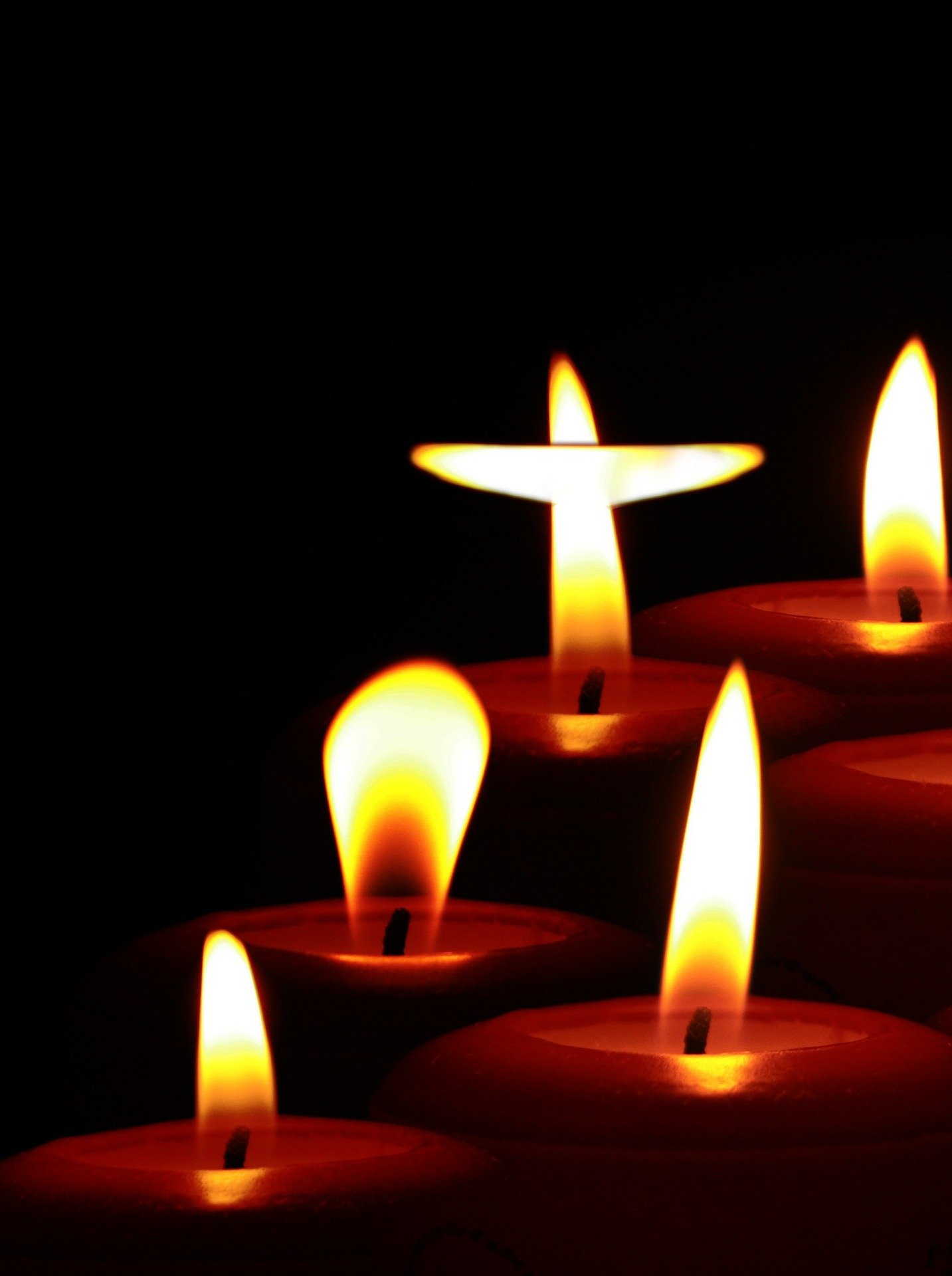In the first two chapters of Luke’s gospel, Zechariah, the father of John the Baptist, sings about peace (1:79); the angels announce peace (2:14); and an old priest named Simeon thanks God for dismissing him in peace, (2:14). It’s like a peace party. The cause for all this celebration is the birth of the Messiah, Jesus. But neither Zechariah, Simeon nor even the angels were the first to connect the birth of Jesus with peace. That honor belongs to Isaiah, hundreds of years before Jesus was born.
For to us a child is born, to us a son is given, and the government will be on his shoulders. And he will be called Wonderful Counselor, Mighty God, Everlasting Father, Prince of Peace. (Isaiah 9:6)
Given the chaos and confusion of the last eleven months, I could use some peace right now. How about you? First, though, we need to be sure we understand what the word peace really means.
Typically, we think of peace as the absence of negative things. War, conflict, crime, noise, hurry. The Bible’s word for peace – shalom – means that, too, but is more about the presence of good things. Prosperity, contentment, connection, community, friendship, flourishing, strength, rest, health, well-being. I’ll stop there, but the list goes on. Shalom is a tremendously broad-shouldered word.
“In the Bible, shalom means universal flourishing, wholeness and delight . . . the way things ought to be.”
Cornelius Plantinga, Not the Way It’s Supposed to Be: A Breviary of Sin. Pg. 10.
Shalom sounds awesome. So, why don’t we have more of it? Maybe we’ve chosen the wrong path to peace.
Had you been born in the time of Jesus, you would have lived in what later historians called the Pax Romana – the Roman Peace. It was roughly a 200-year period of civil order and prosperity. If you were a Roman citizen, you enjoyed that peace. If you were not, you endured it. The Romans obtained their peace through control; by subjecting or eliminating their enemies. The result was an absence of conflict, but it was not shalom.
Lots of people still think control is the pathway to peace. That’s what our political chaos is all about right now. It’s what many of our relational struggles are about, too. Have you ever been around a controlling person? Of course, you have. Have you ever been around a controlling person who is at peace? Of course, you have not. They are usually anxious or angry or both. If control of others or circumstances is the path you choose to peace, you are never going to arrive.
The other main way we try to find shalom is through comfort. If we can accumulate enough things, eliminate debt, take the right vacations, afford the best, surround ourselves with the finest, we’ll have peace. If that’s true, then why is it that anxiety and depression have increased as the levels of wealth in western countries has doubled or even tripled in the last fifty years? There are lots of very wealthy people who can afford any pleasure they want, but they can’t buy five minutes peace.
So how do we find peace? As Zechariah intimated, we need a guide and Isaiah tells us who that is; the Prince of Peace.
When we hear the word prince, we think of second-string royalty. Someone who is not the king. This time of year, you might even think of a character in a Hallmark Christmas movie who falls in love with a a nanny or an aspiring figure skater who works in a bakery. The first person I think of is, well, Prince, whose 2016 Superbowl appearance will go down as the greatest live musical event in the history of the universe.
This isn’t that kind of prince.
The Hebrew word for Prince carries a much more substantial meaning; someone who is in charge. The leader. The director. The ruler. The sovereign. The chief. The commander. The general. The boss.
Jesus is the one in charge of rest, strength, health and all those other warm and wonderful sounding words and ways of being. If you want shalom you have to follow him. And for many of us, that’s the problem: we want peace without the prince.
But they are inseparable. Peace, you see, always comes at a price. Shalom was celebrated at the birth of Christ. But it was paid for at the cross.

Great sermon and communion service with y’all yesterday morning. Good health and blessings to you and Lisa over the coming holiday and in the New Year. – Bill ‘n Susan